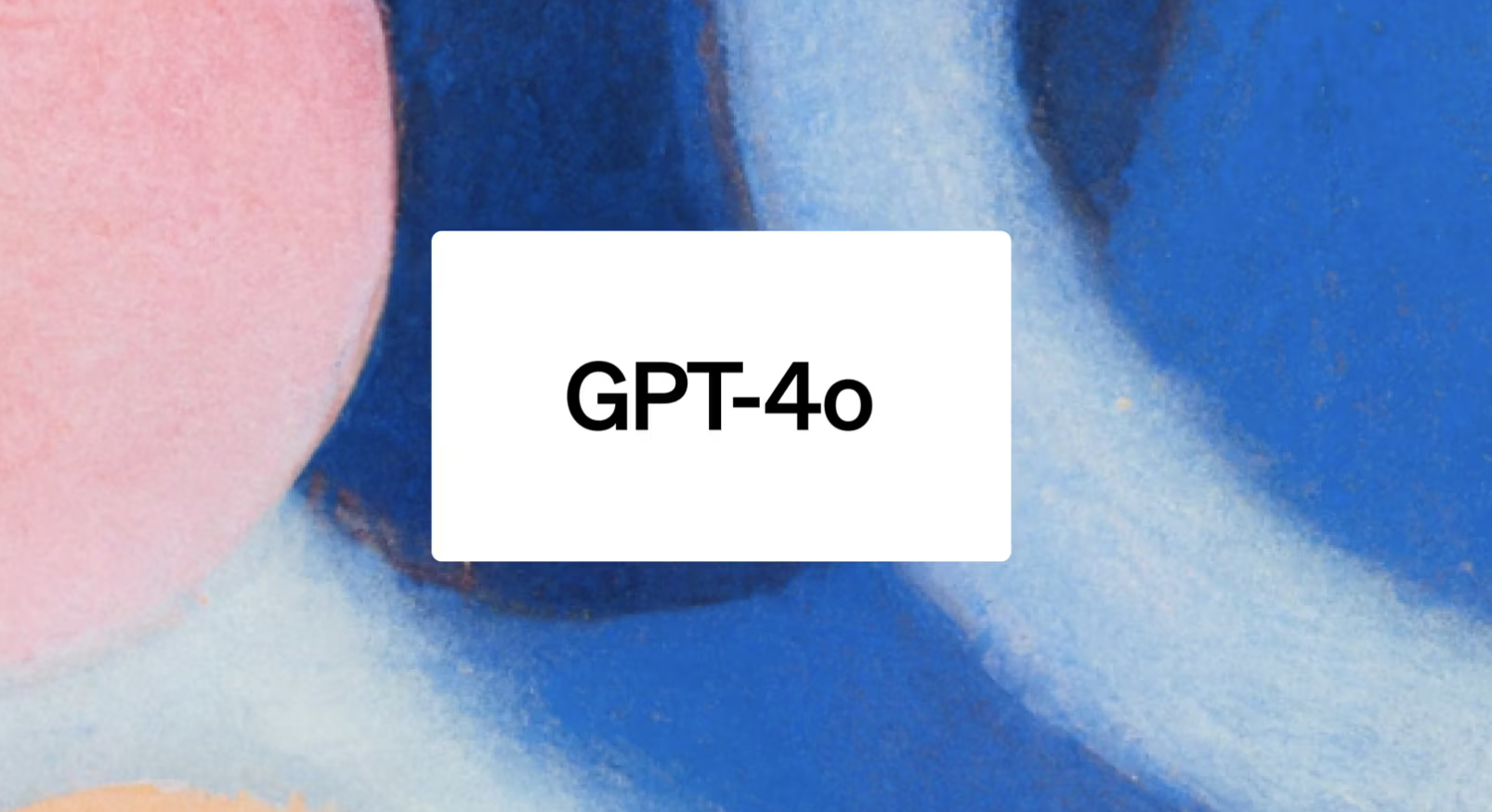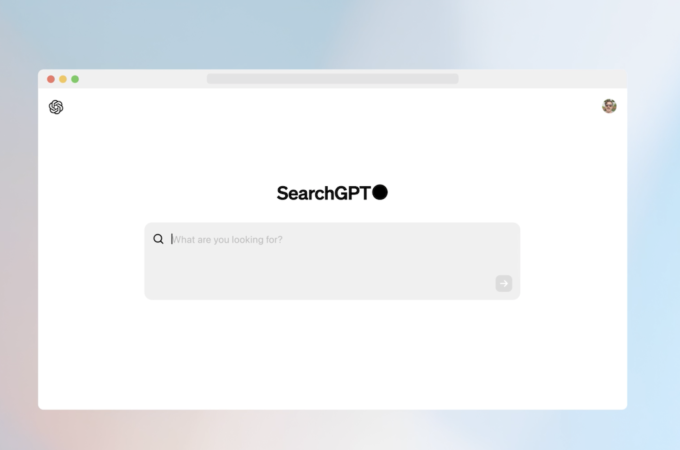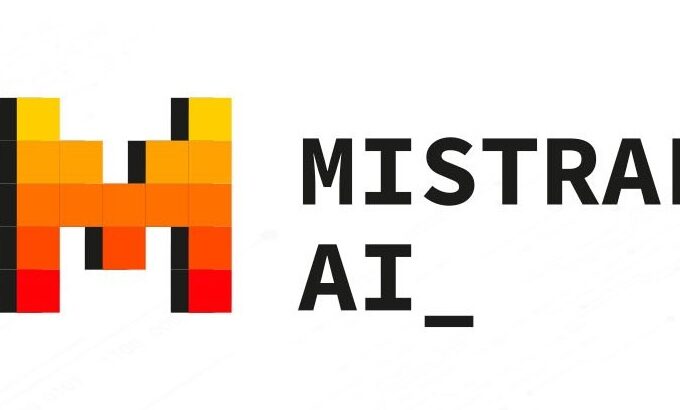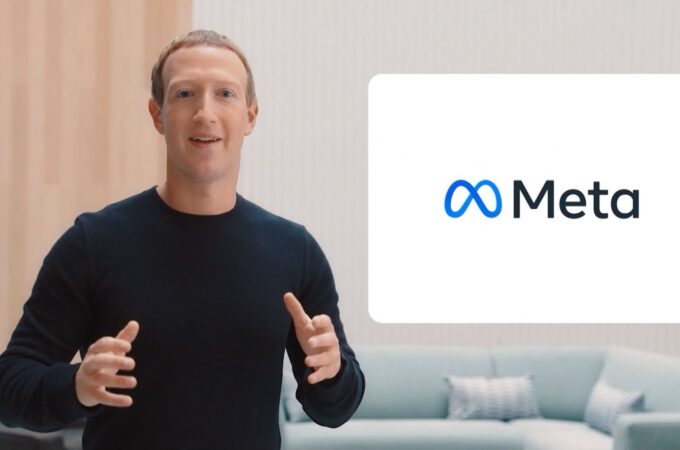
OpenAI Unveils GPT-4o: Transforming Human-Computer Interaction
OpenAI has introduced GPT-4o, a groundbreaking AI model designed to revolutionize human-computer interaction. GPT-4o represents a significant advancement in artificial intelligence, combining text, audio, and vision capabilities within a single neural network. This integration marks a pivotal moment in AI research, with implications for various industries and applications.
GPT-4o’s ability to reason across multiple modalities in real time is a key highlight of this new model. With response times comparable to human conversation, GPT-4o enables seamless interactions between users and machines, offering a more natural and intuitive experience. Its enhanced multilingual capabilities further expand its utility, making it accessible to a global audience.
The integration of audio and visual understanding into OpenAI’s ChatGPT platform showcases the practical implications of GPT-4o. By leveraging this model, ChatGPT can engage users in dynamic conversations using voice commands, images, and text. From answering questions to providing real-time translations, ChatGPT powered by GPT-4o sets a new standard for AI-driven conversational agents.
Beyond conversation, GPT-4o’s capabilities extend to complex problem-solving tasks across different modalities. Its ability to analyze visual data and interpret audio inputs opens up possibilities for applications such as image analysis and real-time language translation. By seamlessly integrating these capabilities, GPT-4o enables users to accomplish tasks more efficiently and effectively.
However, alongside its potential benefits, GPT-4o also raises important considerations regarding safety and ethical use. OpenAI has implemented rigorous safety measures to mitigate potential risks associated with AI technology. Through extensive testing and evaluation, OpenAI is committed to ensuring responsible deployment and ethical use of GPT-4o.
In conclusion, the introduction of GPT-4o represents a significant milestone in the evolution of AI, with far-reaching implications for human-computer interaction. As AI continues to advance, it is essential to approach its development and deployment with careful consideration of ethical and safety concerns. With responsible innovation, GPT-4o has the potential to enhance productivity, creativity, and accessibility in various domains, paving the way for a more inclusive and collaborative future.





